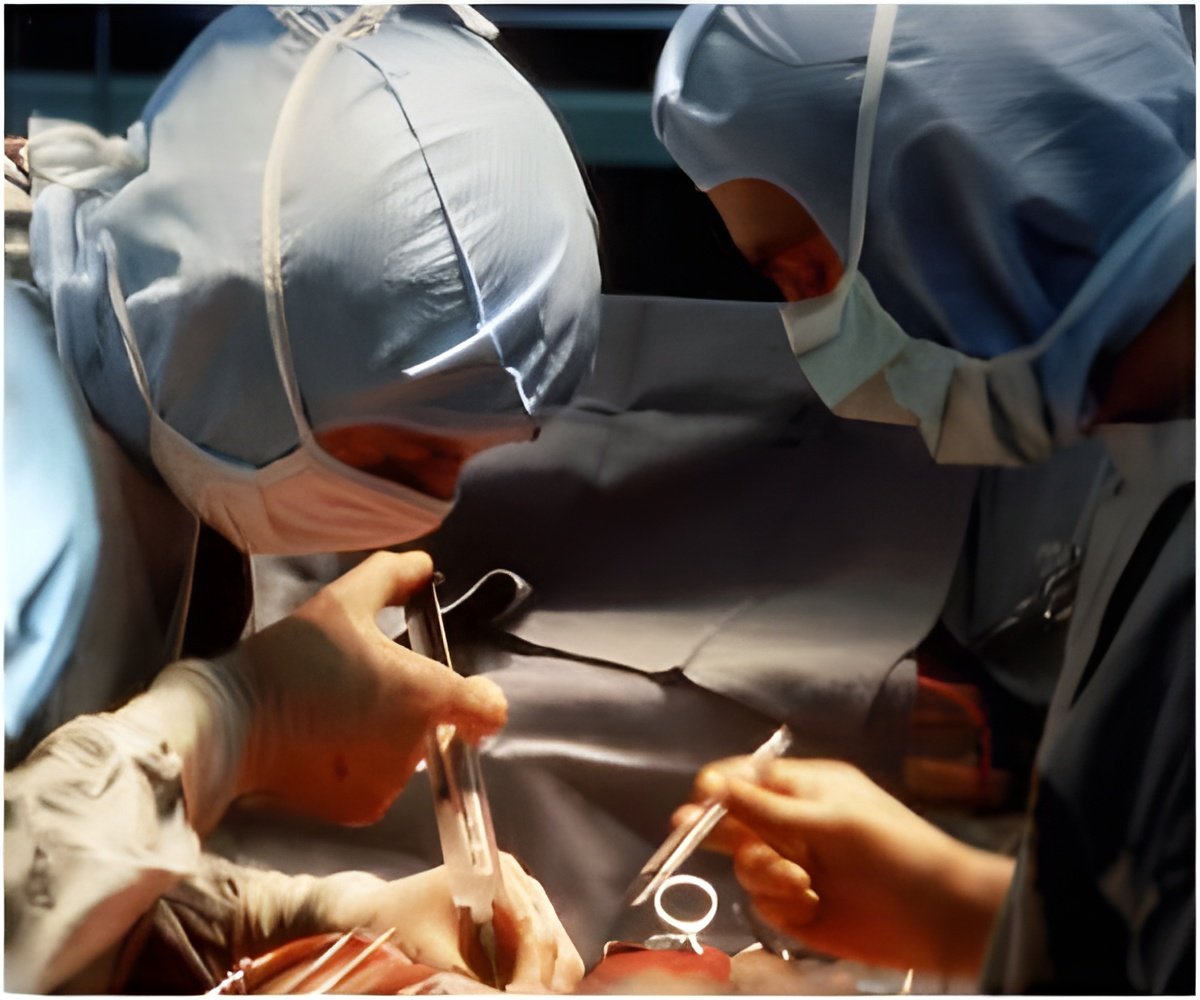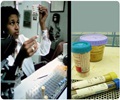
Presenting at the 22nd United European Gastroenterology Week (UEG Week 2014) in Vienna, Austria, Professor Antonio Gasbarrini from the Gemeli University Hospital in Rome believes that FMT should now be used more widely in order to reduce both the clinical and economic burden of microbiota-related disease. "FMT is an old procedure that has gained in popularity in recent years," he says. "When used in patients with recurrent C. difficile infections, which are extremely difficult to treat, FMT eradicates the bacteria in around 90% of cases with a good safety profile."
The challenges of C. difficile infection
C. difficile infection is the most common cause of hospital-acquired diarrhoea, and is associated with significant morbidity and mortality in hospitalized patients. Infection rates have been rising rapidly in Europe and reports of emerging new strains, growing antibiotic resistance, and increased susceptibility in non-hospitalized individuals are of grave concern. C. difficile infection causes severe diarrhoea, intestinal inflammation and toxin-mediated cell death that, in severe cases, can lead to shock, hypotension, ileus or megacolon. Standard first-line therapies include the antibiotics, vancomycin or metronidazole, which are initially effective in most individuals. Unfortunately, approximately 20% of successfully-treated patients will have an infection recurrence, and many of these will experience multiple recurrences.5
"Recurrent C. difficile infections are particularly difficult to treat, with long courses of antibiotics further disrupting the normal gut microflora, putting the patient at great risk of serious complications such as sepsis or perforation of the bowel," says Prof. Gasbarrini. "There is an urgent need for more effective treatments for recurrent C. difficile infections and FMT is definitely one of them."
FMT for C. difficile infection
Advertisement
Studies in patients with C. difficile infection have confirmed that the treatment has a good safety record and is highly effective – quickly eradicating recurrent infections in around 90% of patients.5,6 While once considered a last-resort option for only the brave or desperate, FMT is now officially recommended in influential European treatment guidelines for recurrent C. difficile infections.1,2
Advertisement
Source-Eurekalert









